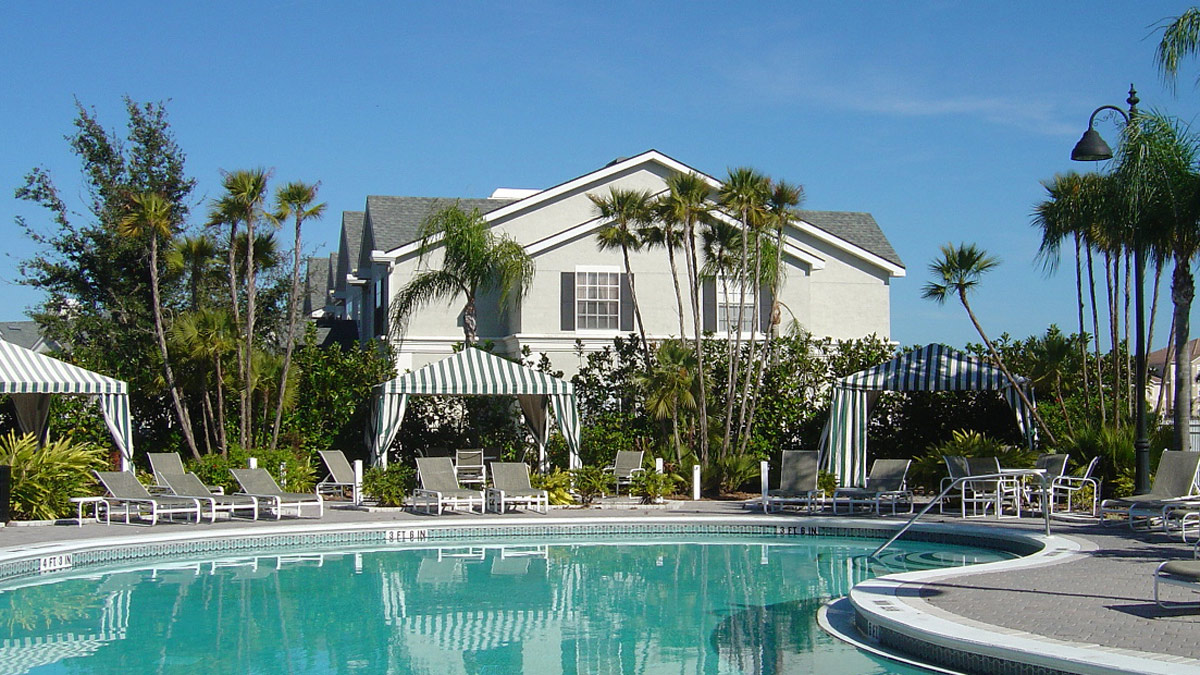DST investments allow investors to pool funds together
to purchase very large, institutional-quality properties.
DST investments – Delaware Statutory Trust is a separate legal entity formed as a trust under the state of Delaware’s law. If structured properly, the DST is classified as a grantor trust for federal income tax purposes and, as a result, the purchaser of a beneficial interest in the trust will acquire an undivided interest in the asset(s) held by the DST. Investors can use interest in a DST as a replacement, like-kind property in a 1031 tax deferred exchange. Investors desiring the tax deferral benefits of §1031 exchanges coupled with the advantages of fractional ownership are increasingly seeking the.
DST investment allows you and other investors to pool your funds together to purchase very large, institutional-quality properties. If properly structured, DST investors are not in partnership with the other investors, they are simply co-owners in a common property managed by the investment sponsor firm.
In 2004, the IRS released Revenue Ruling 2004-86 (See: https://www.irs.gov/irb/2004-33_IRB#RR-2004-86) which allows the use of a DST to acquire real estate where the beneficial interests in the trust will be treated as direct interests in a replacement property for the purposes of a 1031 exchange.
DST investments simplify property owners’ lives through the elimination of time-consuming and costly management problems. DST investments keep investment dollars working, may increase monthly cash flow, can provide capital appreciation, and will enable investors to defer capital gains and depreciation recapture taxes. DST Owners receive all the benefits of traditional real estate ownership – 100% pass through of their pro rata share of distributable cash flow, deductible expenses, depreciation, and all appreciation upon future sale (usually after a 6 to 8 year holding period).
More About DST Investments
A DST is structured so that each beneficiary (investor) owns a beneficial interest in the trust. The managing Trustee of the DST is either the Sponsor or an affiliate of the Sponsor. The DST holds title to 100% of the interest in the property. Tax reporting for a DST is done on a Schedule E utilizing property operating information provided by the Sponsor.
The IRS issued the Revenue Ruling 2004-86 that set forth parameters a DST must meet in order to be viewed as a grantor trust and qualify for a viable tax deferring vehicle. If the DST is structured responsibly, the parameters do not prohibit a successful business plan for a property. The following is a list of the parameters and the procedures generally accepted to comply with these limitations:
The DST may not renegotiate the loan terms and/or the loan may not be refinanced.
The Sponsor has negotiated the loan terms for the property prior to acquiring the property. In the event the property is not sold before the loan matures, there are provisions in place to convert the DST to a limited liability company (L.L.C.). This allows the Trustee (Sponsor) the ability to take the necessary actions to remedy the situation if, for example, the property needed major capital improvements (not allowed within the DST structure) or the loan needed to be refinanced. This action will limit investors’ ability to conduct another 1031 exchange upon the sale of the property.
The DST may not renegotiate leases or enter into new leases.
The investors, through the Trust Agreement, enter into a Master Lease with the Trustee in order to avoid having to renegotiate leases or enter into new leases with the actual tenants.
The DST may not make major structural changes.
Any major improvements will be done or have been done by the seller prior to the Sponsor purchasing the property. Normal “turn-over” expenses fall within the DST guidelines and do not create an issue with the DST structure. Diversi cation does not insure a pro t or guarantee against a loss.
The DST must distribute all cash, other than the necessary reserves, to the beneficiaries.
The DST may not sell or exchange property and reinvest the proceeds.
The DST structure allows the investors or beneficial owners to conduct their own 1031 tax deferred exchange once the DST has sold the asset.
The DST may not purchase additional assets other than short-term obligations.
All cash from the property is held in liquid money market type accounts.
The DST may not accept additional contributions of assets.
There can be no additional capital calls to the DST. As part of the due diligence, the Sponsor conservatively anticipates the amount needed to properly maintain the property over the holding period and that amount is included in the initial capital raise.






